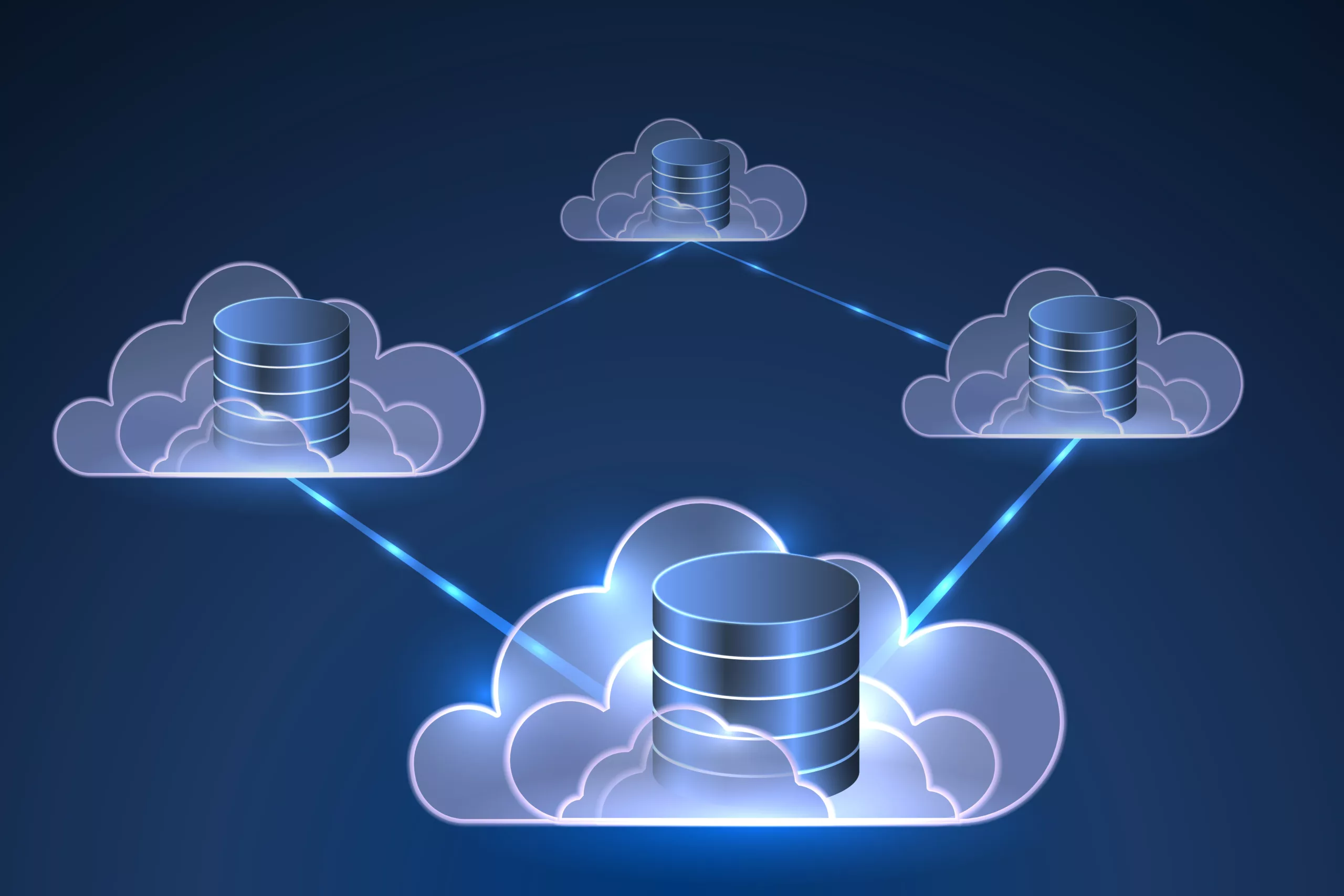In today’s data-driven world, businesses are constantly seeking ways to extract meaningful insights from their vast amounts of data. This is where data warehousing and analytics come into play, allowing organizations to store, manage, and analyze their data effectively. One powerful solution for these purposes is BigQuery, a cloud-based data warehouse and analytics platform provided by Google Cloud Platform (GCP). In this article, we will explore the benefits and capabilities of BigQuery and how it can be leveraged for data warehousing and analytics.
Introduction to BigQuery
BigQuery is a fully managed, serverless data warehouse designed to handle large volumes of data for analysis. It offers a scalable and cost-effective solution, enabling organizations to store and query massive datasets without the need for provisioning or managing infrastructure. BigQuery uses a distributed architecture, allowing it to process queries in parallel across multiple nodes, resulting in high-performance analytics.
Key Benefits of BigQuery
BigQuery offers several key benefits that make it an attractive choice for data warehousing and analytics:
- Scalability: With BigQuery, organizations can scale their storage and compute resources automatically as their data grows. This ensures that businesses can handle any amount of data without worrying about capacity constraints.
- Cost-effectiveness: BigQuery follows a pay-as-you-go pricing model, where organizations only pay for the storage and processing resources they consume. This eliminates the need for upfront hardware investments and allows businesses to optimize their costs based on usage.
- Speed and Performance: BigQuery’s distributed architecture enables it to process queries in parallel, resulting in fast and efficient analytics. It can handle complex queries and large datasets, delivering rapid results to users.
- Seamless Integration: BigQuery integrates seamlessly with other Google Cloud services, such as Google Analytics, Google Sheets, and Google Data Studio. This allows organizations to centralize their data and build end-to-end analytics pipelines within the GCP ecosystem.
Data Warehousing with BigQuery
BigQuery serves as an excellent data warehousing solution, providing a scalable and flexible environment for storing and managing structured and semi-structured data. It supports a wide range of data formats, including CSV, JSON, Avro, and Parquet, allowing organizations to ingest data from various sources.
- Data Ingestion: BigQuery provides several options for data ingestion, including batch loading, streaming, and data transfer services. Organizations can load data from Cloud Storage, Cloud Pub/Sub, or directly from applications using BigQuery APIs.
- Data Organization: BigQuery organizes data into tables, datasets, and projects. Tables store the actual data, datasets group related tables together, and projects provide a logical separation for different environments or teams. This hierarchical structure enables efficient data management and access control.
- Data Partitioning and Clustering: BigQuery supports partitioning and clustering of data to improve query performance. Partitioning divides data based on a specified column, such as date or timestamp, while clustering physically reorganizes the data in a table based on the values in one or more columns. These techniques enhance query efficiency by reducing the amount of data processed.
Analytics with BigQuery
BigQuery offers a powerful SQL-based querying engine that enables organizations to perform advanced analytics and derive valuable insights from their data.
- SQL Capabilities: BigQuery supports standard SQL queries, making it accessible to users with SQL knowledge. It also provides advanced analytical functions and operators for complex calculations and transformations.
- Machine Learning Integration: BigQuery integrates with Google Cloud’s AI and machine learning services, such as BigQuery ML and AutoML. This allows organizations to build predictive models and perform advanced analytics within the same platform.
- Data Visualization: BigQuery seamlessly integrates with visualization tools like Google Data
Studio, Tableau, and Looker, allowing organizations to create interactive dashboards and reports to visualize their data. This empowers users to explore and communicate insights effectively.
Real-time Analytics: BigQuery supports streaming data ingestion, enabling organizations to perform real-time analytics on continuously updating data. This is particularly useful for use cases like IoT data analysis, log processing, and monitoring real-time events.
Security and Governance
BigQuery prioritizes data security and offers robust features to ensure the privacy and integrity of data.
- Access Control: BigQuery provides fine-grained access controls, allowing organizations to grant or revoke permissions at the project, dataset, or table level. This ensures that only authorized users can access sensitive data.
- Encryption: BigQuery encrypts data at rest and in transit, providing end-to-end security. Data is automatically encrypted using Google-managed keys, and organizations can also bring their own encryption keys for added control.
- Audit Logs and Monitoring: BigQuery generates comprehensive audit logs that capture all user and system activities. These logs can be integrated with Cloud Logging and Cloud Monitoring, enabling organizations to track and monitor data access and usage.
- Compliance: BigQuery is compliant with various industry standards and regulations, including GDPR, HIPAA, and SOC 2. This ensures that organizations can meet their compliance requirements when using BigQuery for data warehousing and analytics.
Use Cases and Success Stories
BigQuery has been adopted by a wide range of organizations across industries for various use cases:
- Retail and E-commerce: Companies use BigQuery to analyze customer behavior, optimize pricing strategies, and perform demand forecasting.
- Financial Services: BigQuery helps organizations analyze large volumes of financial data, detect fraudulent activities, and perform risk modeling.
- Healthcare and Life Sciences: BigQuery supports data analysis in healthcare research, genomics, and drug discovery, enabling faster and more accurate insights.
- Gaming and Entertainment: BigQuery helps game developers analyze player behavior, optimize game mechanics, and personalize gaming experiences.
One notable success story is Spotify, which migrated its analytics infrastructure to BigQuery. This enabled them to handle massive amounts of data, gain real-time insights, and provide personalized music recommendations to millions of users.
Conclusion
In conclusion, BigQuery is a powerful tool for data warehousing and analytics on GCP. Its scalability, cost-effectiveness, speed, and seamless integration with other GCP services make it an ideal choice for organizations looking to unlock the value of their data. By leveraging BigQuery, businesses can gain valuable insights, make data-driven decisions, and stay competitive in today’s data-driven world.





